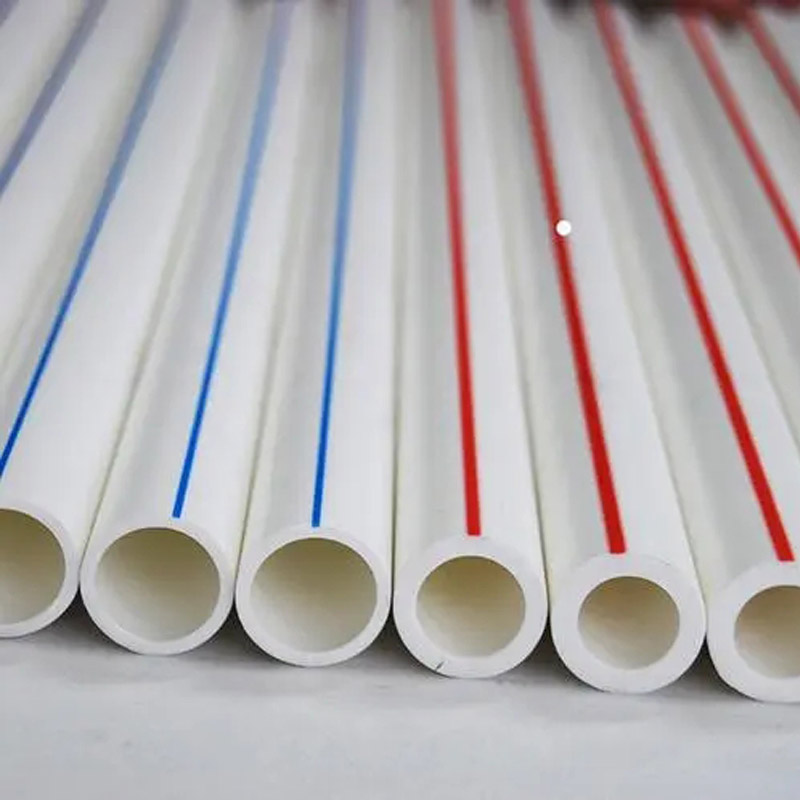Nov . 29, 2024 23:37 Back to list
Understanding the Applications of PVC Pipe in Plumbing Services and Installations
What is PVC Pipe Used for in Plumbing?
Polyvinyl Chloride (PVC) pipe has become an essential material in plumbing systems, favored for its durability, affordability, and resistance to corrosion
. Understanding the various applications of PVC in plumbing can help homeowners make informed decisions about their plumbing systems, maintenance, and repairs.One of the primary uses of PVC pipe in plumbing is as a drainage system component. PVC pipes are designed to carry wastewater away from homes to municipal sewer systems or septic tanks. Their smooth interior surfaces allow for efficient flow rates while minimizing the chances of blockages caused by debris. Unlike traditional metal pipes, PVC does not rust or corrode over time, making it an ideal choice for drainage applications.
Another significant application of PVC pipe is in venting systems. Plumbing systems require proper venting to allow air to enter the drainage system, which helps maintain proper pressure and prevents the vacuum that could hinder drainage performance. PVC vent pipes are lightweight and easy to install, making them an excellent option for both residential and commercial plumbing systems.
what is pvc pipe used for in plumbing service

In addition to waste and vent applications, PVC pipes are also used in various water supply lines, particularly in non-potable water systems. For instance, PVC is commonly used in irrigation systems for gardens and landscaping, as well as in swimming pool plumbing. Its resistance to chemical damage means it can safely transport water that may contain chlorine or other chemicals without degrading over time. It’s important to note, however, that PVC is not typically used for potable water distribution due to safety regulations and potential health concerns.
The ease of installation is another reason PVC pipe is widely used in plumbing. It is lightweight and can be cut to size easily, allowing for quick assembly with solvent cement or mechanical fittings. This simplifies the installation process, reducing labor costs and minimizing the time needed for projects. Furthermore, the availability of various fittings and sizes makes it adaptable to many plumbing configurations, allowing for creative solutions to unique plumbing challenges.
Another critical advantage of PVC pipes is their resistance to leakage. Traditional plumbing materials, like metal, can develop rust and can also expand or contract with temperature changes, leading to potential leaks or bursts. PVC, however, maintains its structural integrity under varying temperature conditions, which helps in ensuring a long-lasting plumbing solution with minimal maintenance.
Overall, PVC pipe is a versatile and effective material used in a wide range of plumbing applications. From drainage and venting systems to irrigation and industrial water systems, its durability, ease of installation, and resistance to corrosion make it a popular choice among plumbers and contractors alike. Whether tackling a new plumbing project or addressing repairs, understanding the benefits and capabilities of PVC piping can guide homeowners in making the best choices for their plumbing needs. As plumbing technology continues to evolve, PVC will likely remain at the forefront as a reliable material for plumbing solutions.
-
High-Quality PVC Borehole Pipes Durable & Versatile Pipe Solutions
NewsJul.08,2025
-
High-Quality PVC Perforated Pipes for Efficient Drainage Leading Manufacturers & Factories
NewsJul.08,2025
-
High-Quality PVC Borehole Pipes Durable Pipe Solutions by Leading Manufacturer
NewsJul.08,2025
-
High-Quality PVC Borehole Pipes Reliable PVC Pipe Manufacturer Solutions
NewsJul.07,2025
-
High-Quality UPVC Drain Pipes Durable HDPE & Drain Pipe Solutions
NewsJul.07,2025
-
High-Quality Conduit Pipes & HDPE Conduit Fittings Manufacturer Reliable Factory Supply
NewsJul.06,2025

